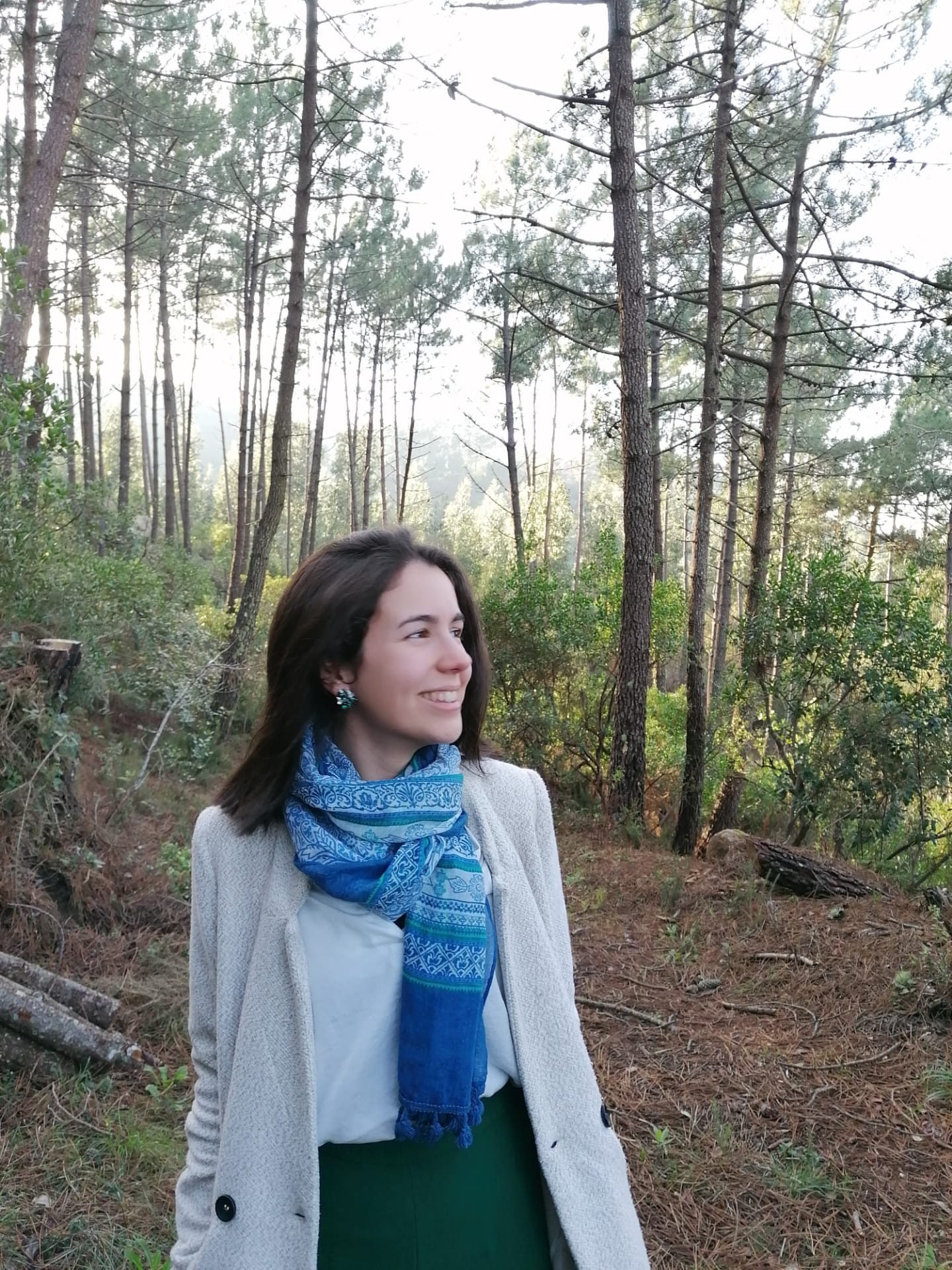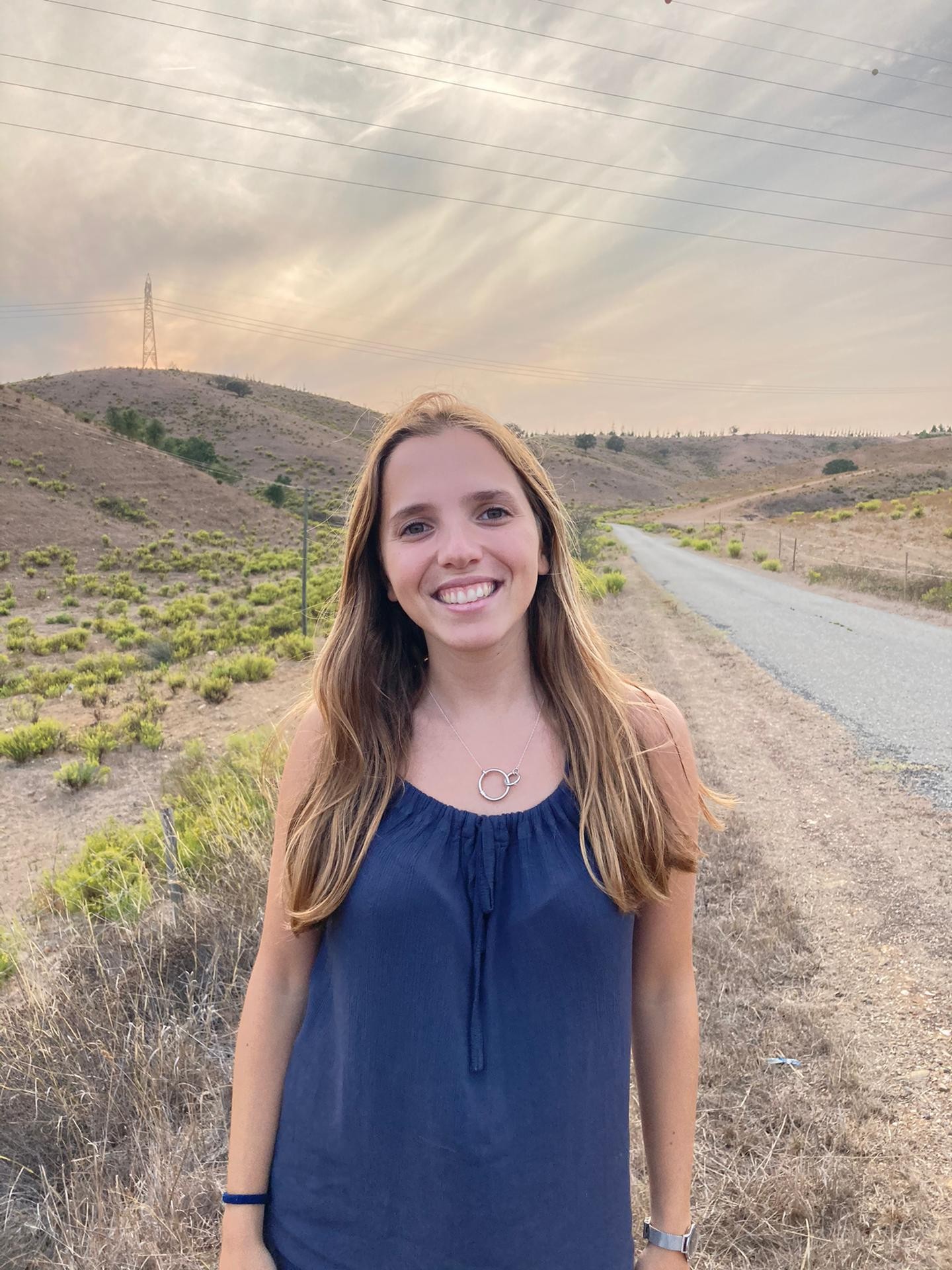Most of us are fed up with the word pandemic. We all know the rules to avoid contagion, but not all of us are able to follow them, probably because some people have an inability for collective protection, in addition to an individualistic instinct that does not allow them to think globally, collectively, about others.
Here it is different. We are a Medical School, we train the next generations of doctors in the country. We are proud of our values, our mission and when we think and act, it is clearly thinking about others: mainly students.
Teaching in the annus horribilis took such a kick that it forced us all to get out of the ring. The students of the Faculty of Medicine of the University of Lisbon were no exception. With the resumption of yet another academic year, and all the changes inherent to this return, we took the initiative to speak with two IMDM students. The difference between them is that, even during a pandemic, Joana Bastos ended her year 6, while Inês Pinto is starting it.

“Taking our last steps on this long and often arduous path that the medical degree represents is, in itself, a time when emotions come to the surface - the milestones are celebrated, the clichés are experienced, we thank whoever meant something to us on this journey and plan the future as far as possible.
This year, it was different: it was not possible to complete the Clinical Internship in all its components, the Blessing of the Finalists did not fill the Alameda of the University, the usual gestures made by the parents did not take place in the month of May we all had been waiting for, the final Farewell Ballad was not sung and the hugs to our dearest loved ones were postponed, especially to those who would never, even in their best dreams, think they would live to see the day when we would become doctors.
Instead, we exchanged the stethoscope for headphones and joined the world in the fight against a faceless enemy to understand, even at a distance, why this is not a profession, but a mission. We felt it when the Faculty made us proud for the excellent way it set up distance learning.
We saw it in the way that our Masters, known from the classes and corridors of our second home, especially Professor Graça Freitas, became, overnight, leaders of a national discussion and crucial agents of a concerted action that involves us all as nothing before has involved. We live it, day after day, in the expectation (sometimes suffocating) of wanting, in the near future, to serve our country in the best way we have learned – for people through science.
Meanwhile, everyday life has become more digital than ever - we started with videoconference classes, went through the presentation and discussion of our Final Master Work by videoconference and, today, at least in the case of my group of friends, we prepared ourselves for the National Access Examination, each in his corner of the country, via videoconference.
For the time being, we wait, accepting the uncertainty that the pandemic has brought about, doing our part in this joint duty, hoping for the day when we can resume our life in full and safely.”
“The idea of reaching year 6 has always been both challenging and exciting. If, on the one hand, we are about to complete the degree and finally become what we set out to be when we first joined FMUL, on the other hand, a long path of preparation for the NAE awaits us, which can play a decisive role in what our future will be. To make this ambivalence a little more complex, this year we have another factor to take into account: the pandemic in which we live.
As we all know, this pandemic has already left considerable marks on the training of all medical students, albeit more accentuated in those who attend clinical education. Although we are starting the last year of our degree, we haven't spoken to a patient for more than 6 months. When the Faculty closed, the Medicine II semester, which has the largest practical component of year 5 and perhaps even the entire degree, was beginning. At home, even though it was a semester of great learning and evolution at theoretical level, our experience and clinical practice stagnated. I had the feeling that the solution found, although probably the most suitable for that phase, was not perfect in the long term and, as we got closer to the end of the academic year, I was thinking more and more about what teaching would be like in September.

Would the professional internship be cancelled? If so, were the conditions to be doctors met, having only had half the clinical experience we should have?
Now that September has come, it is good to be back in the hospitals. I am excited about the idea of being in a ward, being part of a team and following patients from the moment they are admitted until discharge. Basically, I am excited to see how the wheel turns, instead of confining myself to the collection of clinical history. Of course, these days we must take all the care in the world, not only for us, but much more for the sick and our relatives. I don't know what awaits us this winter, but I know it's in our hands to take this vote of confidence.”
Isabel Varela
Editorial Team


